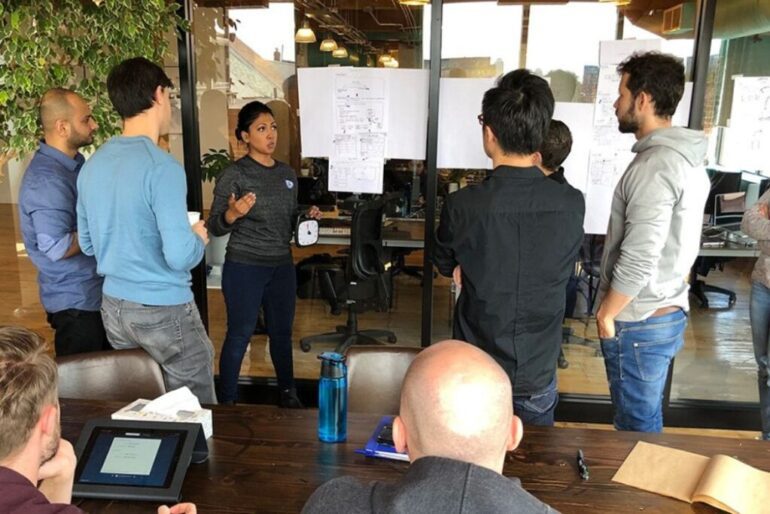TL;DR:
- Toronto-based BenchSci has reduced its headcount by 17% to align with the impact of generative AI in drug discovery.
- The workforce reduction was attributed to shifts in the economic environment, operational efficiencies, and the adoption of generative AI technology.
- BenchSci aims to intensify its investment in generative AI to enhance drug discovery efficiency and accelerate new medicine development.
- CEO Liran Belenzon expressed the company’s commitment to supporting affected team members during the transition.
- The company recently closed a $95 million Series D funding round, focusing on its AI-powered drug discovery platform.
Main AI News:
In a strategic move, Toronto-based AI and biomedical firm BenchSci has made necessary workforce adjustments to align with the transformative influence of generative AI within the drug discovery landscape. The company recently unveiled these changes in a LinkedIn announcement, shedding light on its commitment to remaining at the forefront of innovation while ensuring long-term sustainability.
Although BenchSci did not divulge specific details regarding the extent of the layoffs, a spokesperson later confirmed that 70 team members were affected, resulting in a 17 percent reduction in headcount. The decision stems from a comprehensive evaluation of various factors, including shifts in the economic environment, operational efficiencies, and the imperative to adapt to technological advancements, notably generative AI.
In the LinkedIn post, BenchSci articulated its belief in the enduring impact of generative AI on preclinical research and development. The company emphasized its commitment to leveraging this technology to enhance the efficiency of drug discovery and expedite the delivery of new medicines to patients. The strategic realignment will enable BenchSci to intensify its investment in generative AI, solidifying its position as a pioneer in the field.
Liran Belenzon, co-founder and CEO of BenchSci, underscored the challenging nature of the decision to part ways with team members while reaffirming the company’s dedication to providing support throughout this transition. He stated, “As we continue our work to revolutionize preclinical drug discovery, this decision stems from shifts in our longer-term strategic direction and what we know will have the greatest impact on our customers—which includes furthering our investment in generative AI.”
BenchSci’s recent Series D funding round, which secured $95 million, bolstered its AI-powered drug discovery platform. Employing advanced machine learning models that analyze both text and images, BenchSci empowers scientists to accelerate research and enhance success rates during the preclinical drug development phase.
Against the backdrop of these changes, BenchSci finds itself in the company of other Canadian AI and biomedical startups navigating similar terrain. In November, Vancouver-based AbCellera also underwent a workforce adjustment, reducing its headcount by 10 percent (63 employees). The company cited a strategic shift toward focusing on the clinical development of new antibody medicines for patients as the driving force behind the decision.
BenchSci’s journey from its $63 million Series C financing round to its recent Series D funding saw remarkable growth, with a tripling of revenue and a doubling of team size within a mere 15-month period. The company remains steadfast in its commitment to pioneering AI-driven solutions in the biomedical field while adapting to the dynamic landscape of drug discovery.
Conclusion:
BenchSci’s strategic response to the impact of generative AI demonstrates its commitment to staying ahead in the field of drug discovery. The reduction in workforce, aligned with its intensified investment in generative AI, positions the company to drive greater efficiency and innovation in preclinical drug development. This move underscores the competitive nature of the AI-driven biomedical market, where adaptability to emerging technologies is crucial for long-term success.

